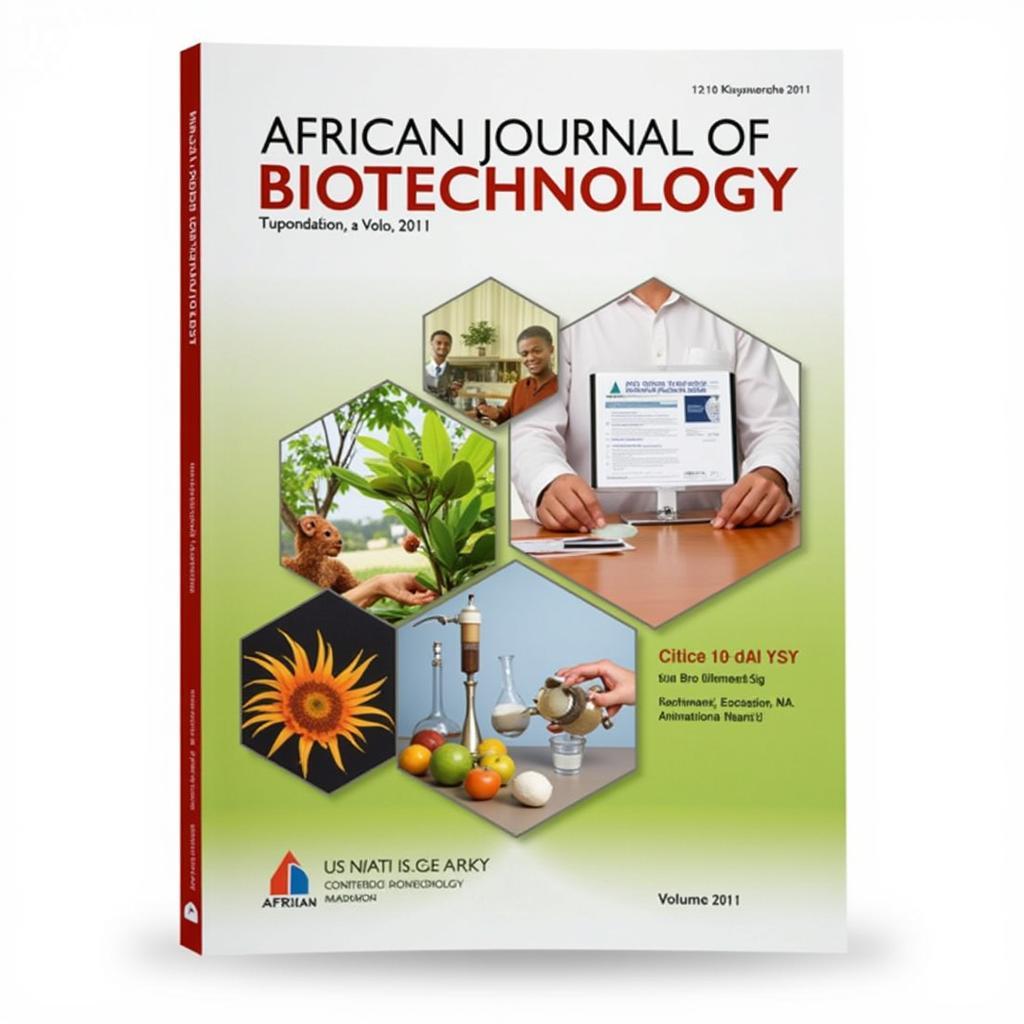Understanding the African Journal of Trauma
The African Journal of Trauma plays a crucial role in addressing the complex landscape of trauma care and research across the African continent. This journal provides a platform for sharing vital information, fostering collaboration, and ultimately improving outcomes for individuals affected by trauma. From physical injuries sustained in road traffic accidents to the psychological impact of conflict and violence, the journal delves into a wide range of trauma-related issues. It also highlights the unique challenges and opportunities presented by the diverse contexts within Africa.
Trauma Care Disparities: Addressing the Challenges in Africa
Access to quality trauma care remains a significant challenge across many parts of Africa. Factors such as limited resources, inadequate infrastructure, and geographic isolation contribute to this disparity. The African Journal of Trauma sheds light on these challenges, promoting discussion and advocating for equitable access to life-saving interventions. It emphasizes the importance of context-specific solutions and community-based approaches to improve trauma care delivery. Research published in the journal explores innovative strategies for overcoming these obstacles, such as telemedicine initiatives and training programs for healthcare providers in remote areas.
This unique perspective offered by the African Journal of Trauma is vital. It addresses the specific needs and circumstances of the African continent, providing valuable insights for researchers, clinicians, and policymakers alike.
The journal also highlights the crucial role of community health workers in providing essential trauma care, particularly in resource-constrained settings. Their ability to bridge the gap between healthcare facilities and remote communities is often vital in ensuring timely intervention and improving patient outcomes.
The Psychological Impact of Trauma: A Growing Concern
Beyond physical injuries, the African Journal of Trauma also recognizes the significant psychological impact of traumatic events. Conflict, displacement, and natural disasters can leave lasting emotional scars on individuals and communities. The journal provides a platform for research exploring the mental health consequences of trauma and effective interventions for psychological healing.
african child and vulture photo
It’s vital to consider the long-term effects of trauma on mental well-being. The journal’s focus on this aspect underscores the need for comprehensive trauma care that addresses both physical and psychological needs.
What are the main areas of focus for the African Journal of Trauma?
The journal’s primary focus is on improving trauma care throughout Africa. This includes research on injury prevention, pre-hospital care, emergency medicine, surgical management, rehabilitation, and psychological support.
Why is the African Journal of Trauma important?
The journal provides a crucial platform for sharing knowledge and best practices specific to the African context. This promotes collaboration, improves research quality, and ultimately contributes to better patient outcomes across the continent.
Dr. Fatima Mohamud, a leading trauma surgeon in Kenya, emphasizes the journal’s significance, stating, “The African Journal of Trauma serves as a vital resource for healthcare professionals across the continent, allowing us to share our experiences and learn from each other’s research.”
How does the journal contribute to capacity building in trauma care?
The journal facilitates capacity building through the dissemination of research findings, promotion of best practices, and fostering of collaborations between researchers and clinicians.
What types of articles are published in the African Journal of Trauma?
The journal publishes original research articles, case reports, review articles, editorials, and letters to the editor, all related to various aspects of trauma care in Africa.
Professor Adebayo Olufemi, a renowned trauma researcher from Nigeria, notes, “The diversity of articles published in the journal reflects the multifaceted nature of trauma care and the need for a comprehensive approach to addressing its challenges.”
african american writers 21st century
Conclusion: Advancing Trauma Care in Africa
The African Journal of Trauma remains a crucial resource in the ongoing effort to improve trauma care across the continent. By providing a platform for sharing knowledge, fostering collaboration, and promoting research, the journal plays a vital role in enhancing trauma care systems and ultimately saving lives. It underscores the need for continued investment in research, training, and infrastructure development to address the complex challenges of trauma in Africa.
african journal of emergency medicine submission
FAQ
-
What is the African Journal of Trauma? It’s a peer-reviewed journal dedicated to advancing trauma care research and practice in Africa.
-
Who is the target audience for the journal? Healthcare professionals, researchers, policymakers, and anyone interested in trauma care in Africa.
-
How can I access the journal? Information on accessing the journal can be found on its official website.
-
How can I submit an article to the journal? Submission guidelines are available on the journal’s website.
-
Does the journal cover both physical and psychological trauma? Yes, the journal addresses both physical injuries and the psychological impact of trauma.
-
Is the journal open access? The journal’s access policy can be found on its official website.
-
How does the journal contribute to improving trauma care in Africa? It fosters collaboration, disseminates research findings, and promotes best practices specific to the African context.
Contact Us
For any assistance, please contact us via Phone: +255768904061, Email: [email protected] or visit our address: Mbarali DC Mawindi, Kangaga, Tanzania. We have a 24/7 customer support team.


